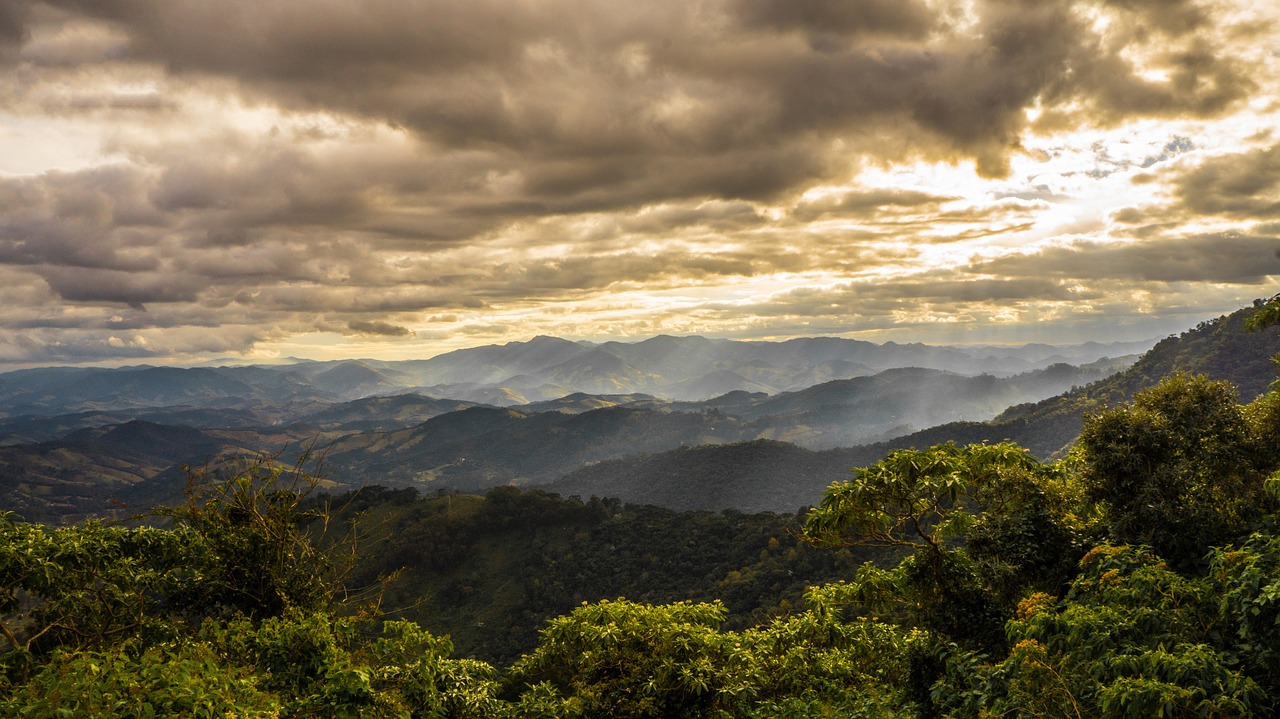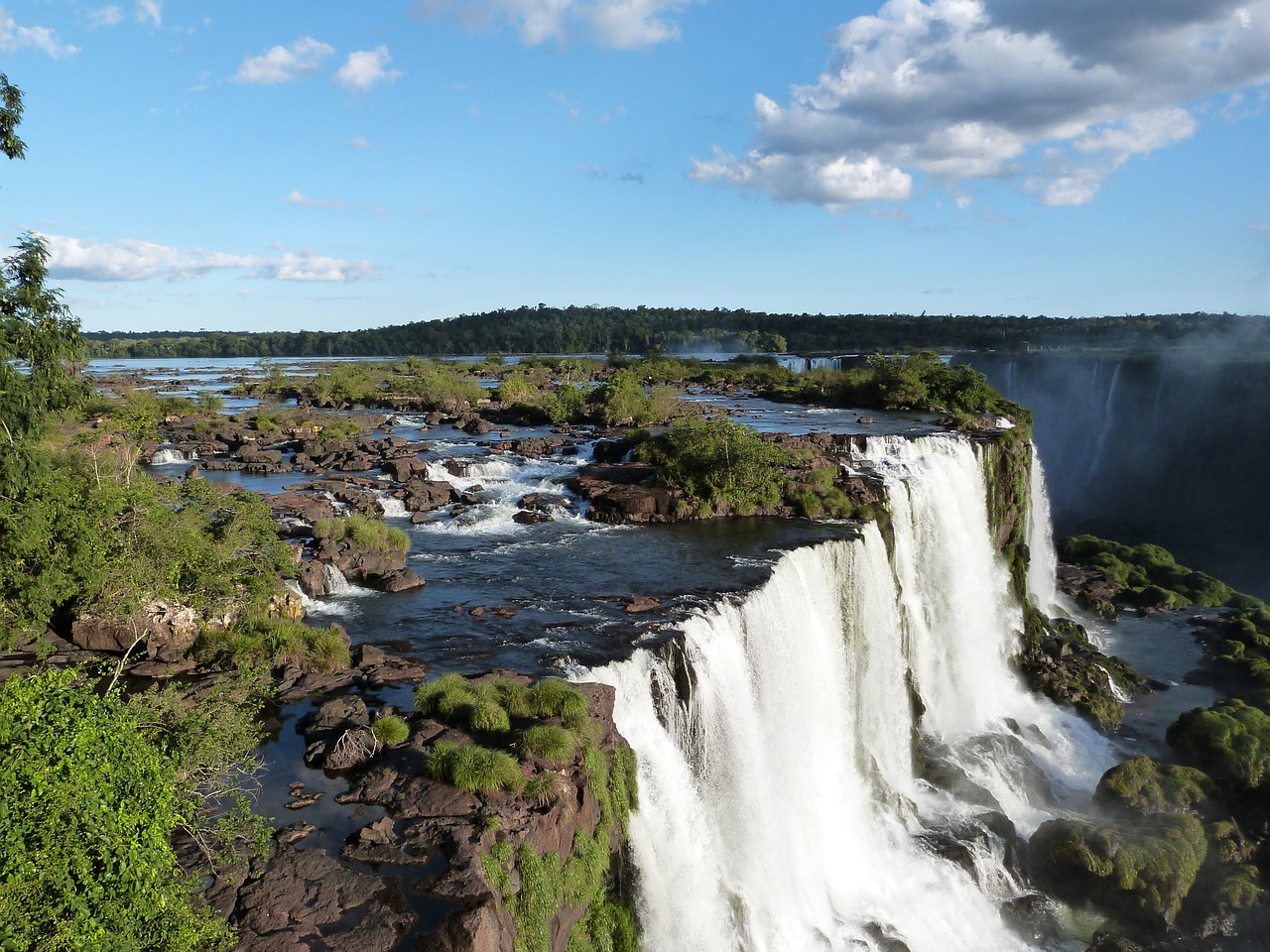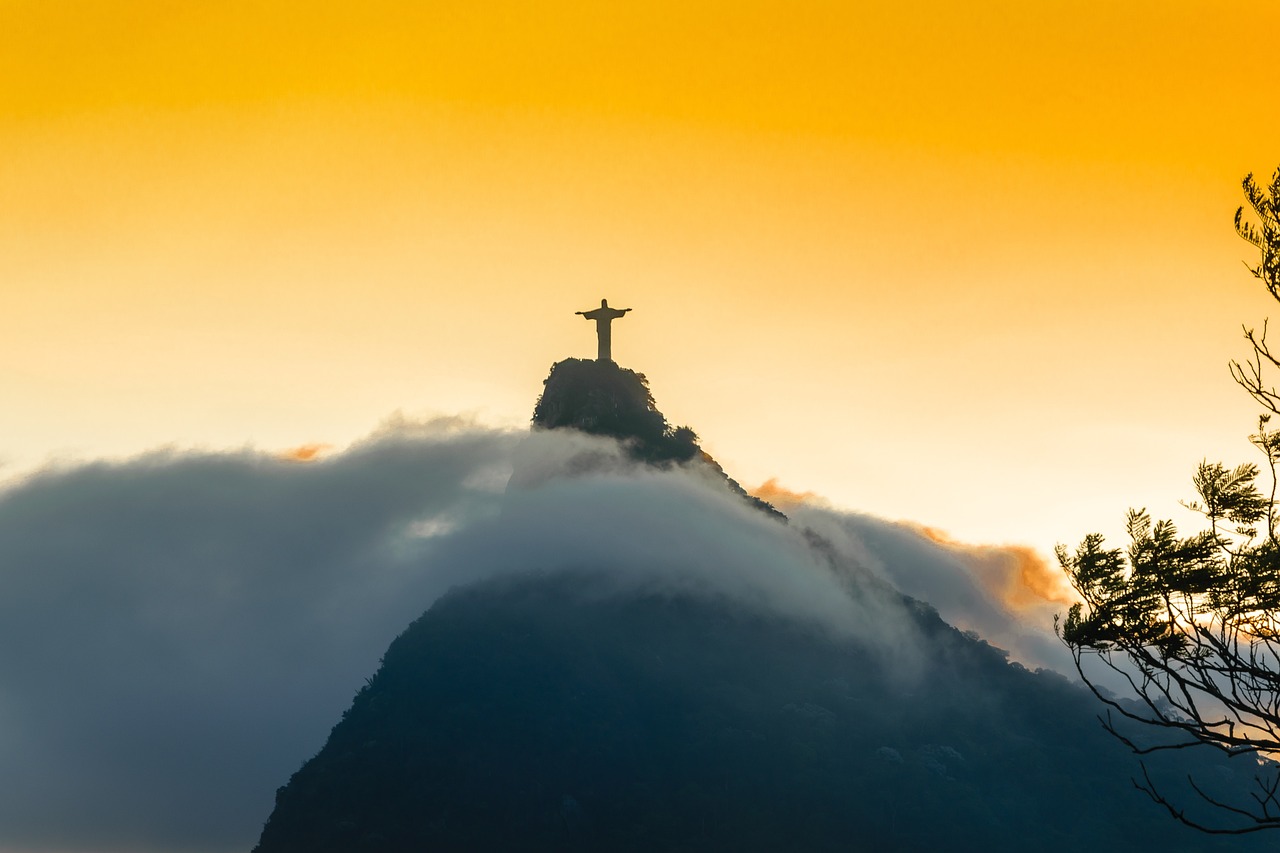Local Celebrations and Holidays: What to Expect in Brazil
Brazil is a vibrant and diverse country that is known for its rich cultural heritage and lively celebrations. From colorful carnivals to religious festivals, Brazil offers a wide range of local celebrations and holidays that showcase its unique traditions and customs. In this article, we will explore some of the most popular and exciting festivities that you can expect to experience in Brazil.
Carnival
Carnival is undoubtedly one of the most famous and anticipated celebrations in Brazil. This annual event takes place in the days leading up to Lent and is known for its extravagant parades, vibrant costumes, and infectious music and dance. The largest Carnival celebration is held in Rio de Janeiro, where samba schools compete in a dazzling display of creativity and talent. Other cities, such as Salvador and Recife, also host their own Carnival festivities, each with its own unique flair.
- Samba Schools: The heart of Carnival in Brazil is the samba schools, which are social organizations that compete in various categories during the parades. Each school prepares elaborate floats, costumes, and dance routines to impress the judges and the audience.
- Street Parties: In addition to the official parades, Carnival in Brazil is also known for its lively street parties, known as blocos. These gatherings attract thousands of people who dance, sing, and celebrate together in the streets, creating an electric and festive atmosphere.
- Samba Music: Samba music is the soul of Carnival in Brazil. It is characterized by its infectious rhythm, lively percussion, and catchy melodies. During Carnival, you can expect to hear samba music everywhere, from the parades to the street parties.
- Costumes: Carnival is a time for people to dress up and express themselves through elaborate costumes. From sequined outfits to feathered headdresses, the costumes worn during Carnival are a feast for the eyes and showcase the creativity and craftsmanship of the participants.
Festa Junina
Festa Junina, also known as the June Festival, is a traditional Brazilian celebration that takes place during the month of June. It originated from European Midsummer celebrations but has since evolved into a uniquely Brazilian event. Festa Junina is characterized by its country-style decorations, traditional music, and delicious food.
- Traditional Attire: During Festa Junina, people often dress up in traditional country attire, with men wearing plaid shirts and straw hats, and women donning colorful dresses and braided hair. These outfits add to the festive and nostalgic atmosphere of the celebration.
- Quadrilha: Quadrilha is a typical dance performed during Festa Junina. It is a choreographed square dance that tells a story and involves couples moving in intricate patterns. Quadrilha is a fun and interactive activity that brings people together during the festivities.
- Food and Drinks: Festa Junina is famous for its delicious food and drinks. Traditional treats like corn cake, pamonha (a type of corn pudding), and canjica (a sweet corn porridge) are commonly enjoyed during the celebration. Additionally, mulled wine and quentão, a hot alcoholic beverage made with spices and cachaça, are popular choices to keep warm during the winter nights.
- Bonfire: Lighting bonfires is a common practice during Festa Junina. The bonfires not only provide warmth but also serve as a gathering point for people to socialize and enjoy the festivities. It is common to find people dancing, singing, and telling stories around the bonfire.
Lavagem do Bonfim
Lavagem do Bonfim, or the Bonfim Wash, is a religious festival that takes place in Salvador, Bahia. It is celebrated in January and honors Senhor do Bonfim, a Catholic saint. The festival combines elements of African and Catholic traditions, creating a unique and vibrant event.
- Procession: The highlight of Lavagem do Bonfim is the procession that starts at the Church of Nosso Senhor do Bonfim and ends at the Bonfim Church. Participants, dressed in white, walk the 8-kilometer route while carrying vases of water to wash the steps of the Bonfim Church as an offering to the saint.
- Axe Music: Axe music, a popular genre in Bahia, sets the rhythm for the Lavagem do Bonfim festivities. Bands and musicians perform lively and upbeat songs, creating a joyful atmosphere during the procession.
- Baianas: Baianas, women dressed in traditional Bahian attire, play an essential role in the Lavagem do Bonfim festival. They carry the vases of water and perform ritualistic dances along the procession route, adding a colorful and cultural element to the event.
- Ribbons: During Lavagem do Bonfim, it is common for participants to tie colorful ribbons around their wrists as a symbol of their devotion and to make a wish. The ribbons are believed to bring good luck and protection.
Image 1:

Independence Day
Independence Day, also known as Sete de Setembro, is a national holiday in Brazil that commemorates the country’s independence from Portugal. It is celebrated on September 7th and is marked by various events and activities throughout the country.
- Military Parade: One of the main highlights of Independence Day is the military parade that takes place in Brasília, the capital of Brazil. The parade showcases the strength and unity of the Brazilian Armed Forces and includes displays of tanks, aircraft, and military personnel.
- Fireworks: Fireworks are a common feature of Independence Day celebrations in Brazil. Spectacular displays illuminate the night sky, creating a festive and patriotic atmosphere.
- Cultural Performances: Independence Day is also an opportunity to celebrate Brazil’s diverse culture and heritage. Cultural performances, including traditional dances, music, and theater, are organized to showcase the country’s artistic talents.
- Flag-Waving: People across Brazil proudly wave the national flag on Independence Day. The streets are adorned with green and yellow decorations, and many individuals dress in patriotic colors to show their love for their country.
Oktoberfest
Oktoberfest is a German-inspired festival that takes place in Blumenau, Santa Catarina. It is the second-largest Oktoberfest celebration in the world, after the original event held in Munich, Germany. The festival celebrates German culture, particularly its beer, food, and music.
- Beer Tents: Oktoberfest in Blumenau is famous for its beer tents, where visitors can enjoy a wide selection of German beers, including traditional Bavarian brews. The tents are decorated in a festive and Bavarian style, creating an authentic Oktoberfest experience.
- Traditional Costumes: During Oktoberfest, it is common to see people dressed in traditional German attire, such as dirndls for women and lederhosen for men. These costumes add to the festive atmosphere and create a sense of authenticity.
- Music and Dance: Live music is a key component of Oktoberfest in Blumenau. Traditional German bands, known as “bandas típicas,” play lively polkas and waltzes, encouraging visitors to dance and join in the fun.
- Food: Oktoberfest offers a variety of German dishes and treats, such as bratwurst, sauerkraut, pretzels, and apple strudel. These culinary delights provide a taste of German cuisine and complement the beer-drinking experience.
Image 2:

Christmas
Christmas is a widely celebrated holiday in Brazil, marked by various traditions and customs. While it falls during the summer season in Brazil, the festive spirit is still strong, and people come together to celebrate with family and friends.
- Decorations: Brazilians decorate their homes with colorful lights, nativity scenes, and Christmas trees. While pine trees are not native to Brazil, artificial trees are commonly used, and many cities have large Christmas tree displays.
- Midnight Mass: Midnight Mass, or Missa do Galo, is a significant part of the Christmas celebration in Brazil. Families attend Mass together, and churches are beautifully decorated for the occasion.
- Ceilidh: Ceilidh is a traditional Brazilian dance that is often performed during Christmas celebrations. It involves a group of people forming a circle and performing coordinated dance moves to lively music.
- Feast: Christmas in Brazil is a time for feasting and enjoying delicious food with loved ones. Traditional dishes include roast turkey, codfish, rice, beans, and various sweets and desserts.
Feijoada Festival
Feijoada Festival is a celebration of Brazil’s national dish, feijoada. Feijoada is a hearty stew made with black beans, pork, and various cuts of meat. The festival showcases different variations of feijoada and is a treat for food lovers.
- Feijoada Contest: During the festival, restaurants and chefs compete in a feijoada contest to showcase their unique recipes and flavors. Visitors can sample different versions of feijoada and vote for their favorite.
- Live Music: The Feijoada Festival is accompanied by live music performances, with bands playing samba, bossa nova, and other traditional Brazilian genres. The lively music adds to the festive atmosphere and creates a joyful ambiance.
- Art and Crafts: The festival also features an art and crafts market, where local artisans display and sell their handmade products. Visitors can find unique souvenirs, artwork, and traditional crafts that reflect Brazil’s rich cultural heritage.
- Cultural Activities: In addition to the feijoada tastings, the festival offers various cultural activities, such as dance performances, workshops, and storytelling sessions. These activities provide insights into Brazil’s diverse traditions and customs.
Image 3:

Conclusion
Brazil is a country that knows how to celebrate and embrace its cultural diversity. From the world-famous Carnival to traditional festivities like Festa Junina and Lavagem do Bonfim, there is always a reason to celebrate in Brazil. Whether you’re dancing to the infectious rhythms of samba or enjoying a delicious feijoada, the local celebrations and holidays in Brazil offer a unique and unforgettable experience. So, grab your costume, join the festivities, and immerse yourself in the vibrant and joyful spirit of Brazil!
References
- Gypsy Warrior: gypsywarrior.com
- Rio Carnival Guide: riocarnivalguide.com
- Brazilian Embassy: brazil.org.uk
- Salvador Tourism: salvadordabahia.com
- Oktoberfest Blumenau: oktoberfestblumenau.com.br
- Visit Brasil: visitbrasil.com

